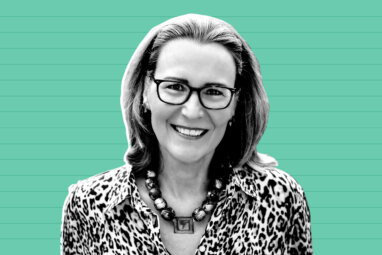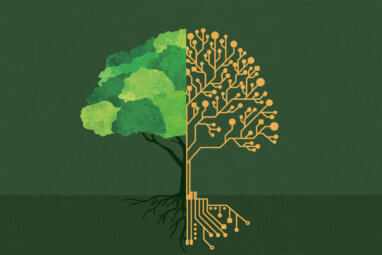Managing Overconfidence
To know that we know and that we do not know what we do not know, that id true knowledge. —Confucius
Philosophers and writers have long tried to raise awareness about the difficulty of balancing confidence with realism, yet the consequences of unsupportable confidence continue to plague businesses. Managers deal in opinions — they are bombarded with proposals, estimates, and predictions from people who sincerely believe them. But experience tells managers to suspect the certainty with which these beliefs are stated. For instance:
- A leading U.S. manufacturer, planning production capacity for a new factory, solicited a projected range of sales from its marketing staff The range turned out to be much too narrow and, consequently, the factory could not adjust to unexpected demand.
- A loan officer at a major commercial bank felt that his colleagues did not understand their changing competition as well as they thought they did and were refusing to notice signs of coming trouble.
- In the early 1970s, Royal Dutch/Shell grew concerned that its young geologists too confidently predicted the presence of oil or gas, costing the company millions of dry-well dollars.
- The sales head for Index Technology, a new software venture, repeatedly received unrealistic sales predictions, not only on amounts but also on how soon contracts would be signed.
Managers know that some opinions they receive from colleagues and subordinates will be accurate and others inaccurate, even when they are all sincerely held and persuasively argued. Moreover, given any strongly held opinion, one seldom has to look far to find an opposing view that is held no less firmly. We do not even have to favor a position now to reserve the right to hold a future position. One of us attended a faculty meeting at which a senior faculty member had been notably silent during a heated debate. When asked for his position, he replied, “I feel strongly about this; I just haven’t made my mind up which way.”
People are often unjustifiably certain of their beliefs. As a case in point, the manufacturer cited above accepted the staff’s confidently bracketed sales projections of twenty-three to thirty-five units per day and designed its highly automated factory to take advantage of that narrow range. Then, because of a worldwide recession, sales dropped well below twenty-three units per day. The plant was forced to operate far below its breakeven point and piled up enormous losses.
References (32)
1. Linguists distinguish between language competence (the ability to produce coherent statements) and metalanguage (the ability to state the rules of the language). Such a clear distinction does not always exist between primary knowledge and metaknowledge. Early in the century, U.S. Weather Service forecasters simply predicted whether or not it would rain (a statement of their primary knowledge). Now they provide an explicit probability of rain, making uncertainty assessment an explicit part of their primary knowledge.
2. S. Lichtenstein, B. Fischhoff, and L.D. Phillips, “Calibration of Probabilities: The State of the Art to 1980,” in Judgment under Uncertainty: Heuristics and Biases, eds. D. Kahneman, P. Slovic, and A. Tversky (New York: Cambridge University Press, 1982), pp. 306–334.




